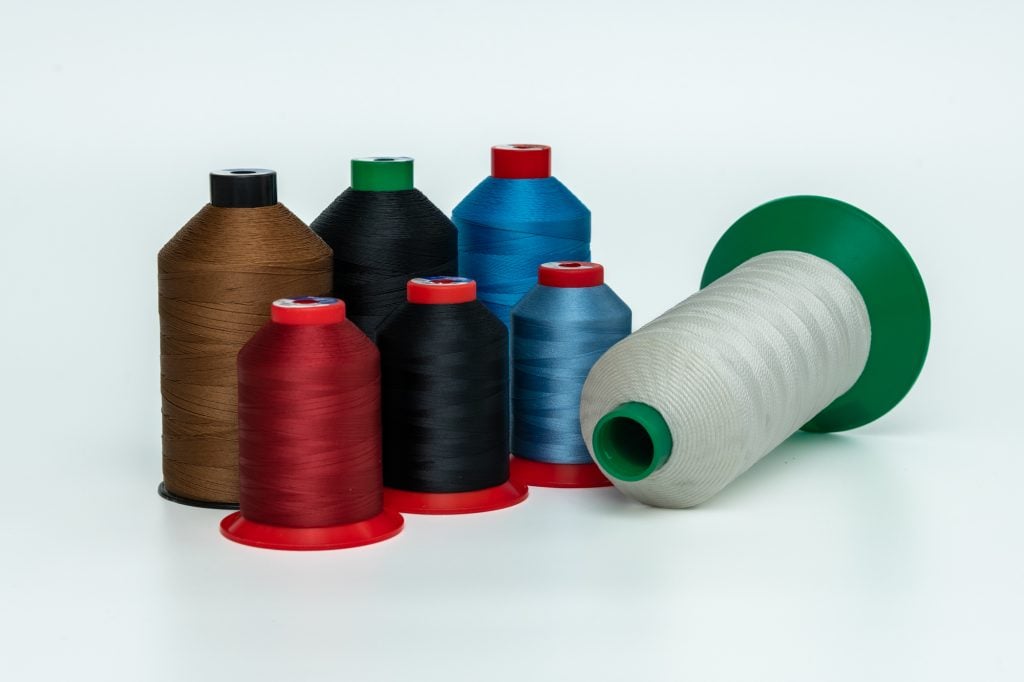Choosing the right sewing thread is crucial to the success of any sewing project. The right thread will ensure that your project is durable and long-lasting. However, with so many different types of thread available, it can be overwhelming to choose the right one.
Table of Contents
Thread Size and Type
Sewing thread typically comes in various sizes and types, and it’s essential to understand the differences. The thickness of the thread varies in size, and the higher the number, the finer the thread. The most common thread sizes that you’ll come across are 40 and 50 weight. The 40 weight is slightly thicker than the 50 weight, and it is best suited for sewing heavier fabrics such as denim. However, the 50 weight thread is perfect for lightweight fabrics such as cotton and silk.
In addition to the thread sizes, there are different types of threads in the market. Cotton, polyester, and nylon are the most popular types of threads. Each type has its properties that make it ideal for different sewing projects. Choosing the wrong thread for your fabric can result in breakage, damage, and the failure of the sewing project.
4 Factors to Consider when Choosing Sewing Threads

- Fabric weight: When selecting a sewing thread, consider the weight of your fabric. A heavyweight fabric will require a thicker and stronger thread compared to a lighter fabric.
- Fabric type: The type of fabric you are using will determine the type of thread you need. For instance, natural fabrics like cotton and silk require a cotton thread while synthetic fabrics like polyester and nylon require a polyester or nylon thread.
- Color: It is essential to choose a thread color that matches your fabric. If the thread color and fabric do not match, it can make your sewing stitches more visible, which may not be aesthetically pleasing.
- Purpose: Consider the purpose of your project. If your project requires a lot of stress in areas such as hems, choose a stronger thread, e.g., polyester for durability.
4 Types of Sewing Threads
Below are some of the most common types of sewing threads:
- Cotton: Cotton threads are natural and ideal for fabrics such as cotton, silk, and wool. It’s great for lightweight fabrics but not well-suited for heavy-weight materials.
- Polyester: Polyester is the most commonly used type of thread. It is strong, durable, and versatile. It’s ideal for both lightweight and heavyweight fabrics.
- Nylon: Nylon thread is ideal for heavyweight fabrics. It has a high level of elasticity and is resistant to chemical and UV damage.
- Silk: Silk thread is a luxurious choice for sewing projects. It’s best for lightweight fabrics such as silk and wool.
Uses of Different Types of Sewing Threads
| Thread Type | Best for |
|---|---|
| Cotton | Lightweight fabrics, natural fibers |
| Polyester | Heavyweight fabrics, general purpose |
| Nylon | Heavyweight fabrics, high abrasion resistance |
| Silk | Lightweight fabrics, luxury finishes |
Conclusion
In conclusion, choosing the right thread is essential to the success of your sewing project. The correct thread size and type ensure that your stitches are strong, durable and suited to your fabric type. When selecting the thread, consider the fabric weight, type, color, and purpose. By following these guidelines, you will have the confidence to choose the right thread for your next sewing project.